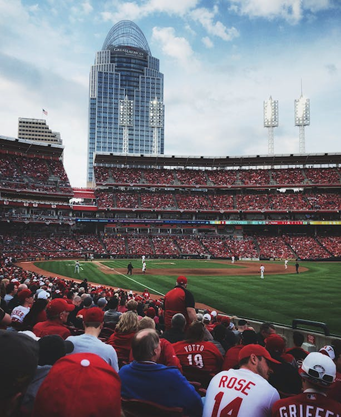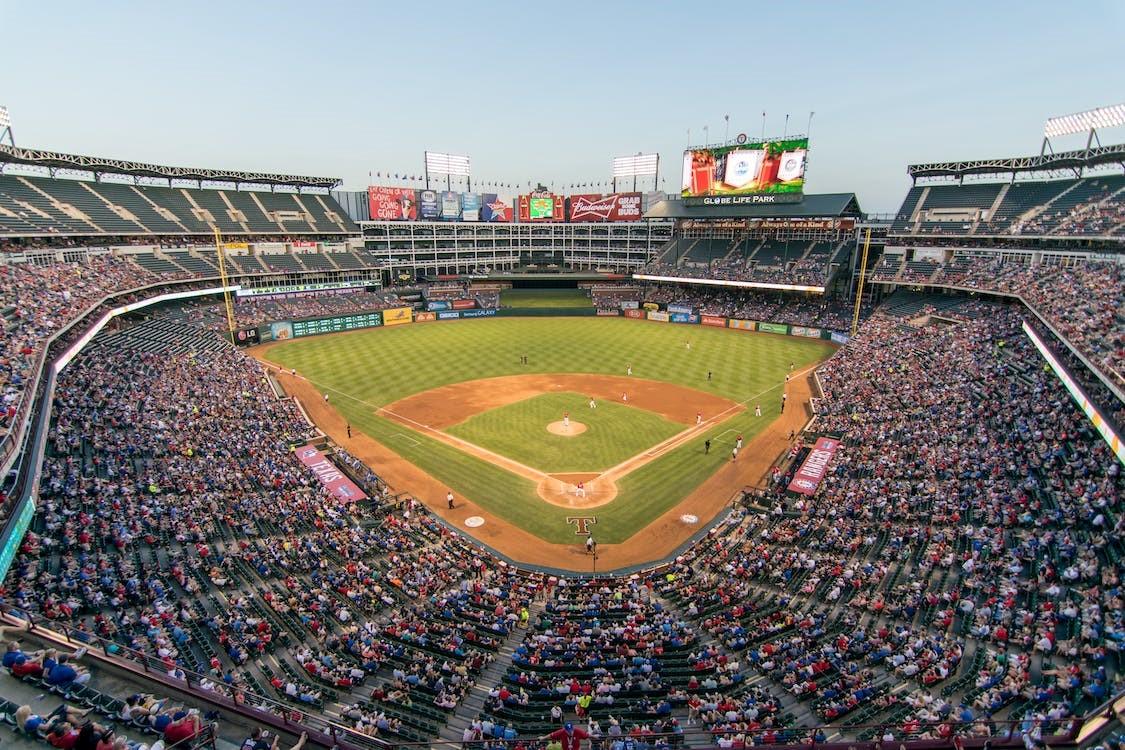Baseball transcends the boundaries of sport and becomes a unifying force that brings communities together. From sandlots to Major League stadiums, the game has a unique ability to foster a sense of camaraderie, instil civic pride, and create lasting connections among people. In this article, we explore how baseball, with its rich history and cultural significance, catalyzes community cohesion.
Historical Roots and Cultural Significance:
Baseball's roots in American history run deep, dating back to the 19th century. The sport has witnessed pivotal moments that mirror the nation's evolution, from the Civil War era to the civil rights movement. Baseball became more than just a game; it reflected the American spirit, a shared cultural experience that resonated across generations and communities.
The Community Spirit in Local Leagues:
Baseball plays a vital role at the grassroots level in shaping local communities. Youth leagues, amateur teams, and recreational games provide opportunities for individuals of all ages to participate in the sport. From T-ball for the youngest players to senior leagues for seasoned athletes, baseball becomes a common thread that binds diverse community members.
Local baseball teams often serve as more than just athletic organizations; they become hubs for social interaction and community engagement. Whether it's Little League games drawing families to the bleachers or adult leagues fostering connections among neighbors, baseball transcends its role as a sport, becoming a catalyst for building relationships.
Community Events and Celebrations:
Baseball seasons are marked by a series of community events and celebrations, creating a festive atmosphere that brings residents together. Opening day ceremonies, parades, and community picnics become annual traditions that unite people in their shared love for the game. Local businesses often participate, further integrating the community spirit into the economic fabric of the area. If you want to learn more about baseball teams, read Steve Dunn’s "Pug Fireball and Company: 116 Years of Professional Baseball in Des Moines, Iowa". You can also visit Iowa Baseball History.
The Ballpark Experience:
Major League Baseball stadiums, with their iconic designs and unique atmospheres, serve as gathering places for fans from all walks of life. A trip to the ballpark is not merely about watching a game; it's a shared experience that binds strangers in a common cause. Fans cheer, celebrate, and commiserate together, creating a sense of belonging that transcends differences.
The Seventh-Inning Stretch and Traditions:
Baseball's traditions, such as the seventh-inning stretch, the singing of "Take Me Out to the Ballgame," and the timeless rituals associated with the sport, contribute to a communal atmosphere. These traditions, passed down through generations, connect fans to the game and each other. The shared experience of participating in these rituals creates a sense of continuity and belonging.
Baseball as a Catalyst for Social Change:
Throughout history, baseball has also played a role in breaking down racial and social barriers. Integrating Major League Baseball with Jackie Robinson in 1947 marked a crucial moment in the fight against segregation. Baseball stadiums became arenas for social change, challenging prevailing norms and fostering conversations that extended beyond the diamond.
Community Outreach Programs:
Many baseball organizations, both professional and amateur, engage in community outreach programs. These initiatives focus on using the sport as a tool for positive change, promoting inclusivity, and addressing social issues. From youth development programs to charitable initiatives, baseball teams actively contribute to the well-being of their communities.

Conclusion:
Baseball's power to bring people together is not confined to the field; it extends into the fabric of communities, creating connections, fostering pride, and serving as a source of shared identity. Whether playing in local parks, on sandlots, or in Major League stadiums, baseball is more than a game – it's a cultural phenomenon that unites communities, transcending differences and celebrating the spirit of togetherness. As we continue to witness the impact of baseball on communities, it becomes evident that the sport's enduring legacy lies not just in its statistics or championships but in its ability to weave the social fabric that binds us all.





